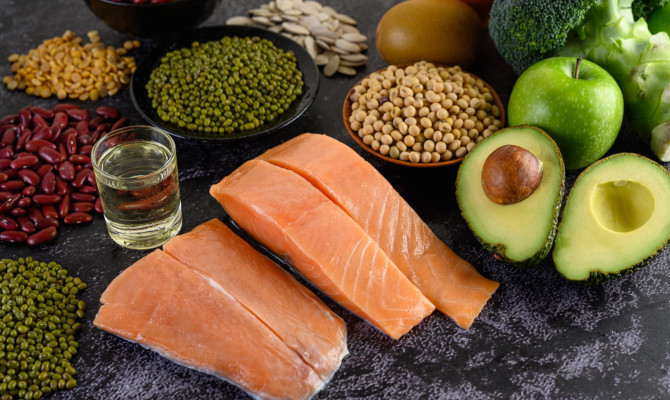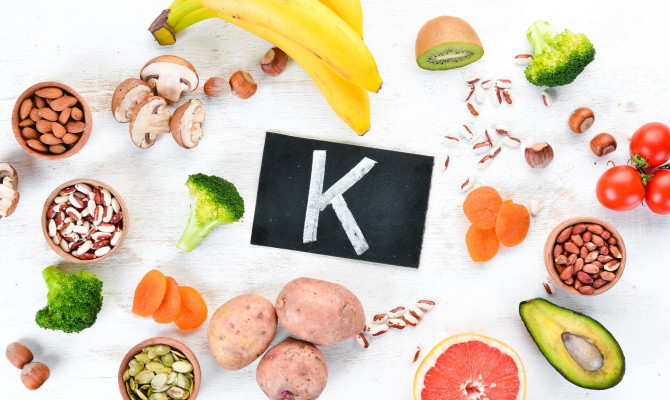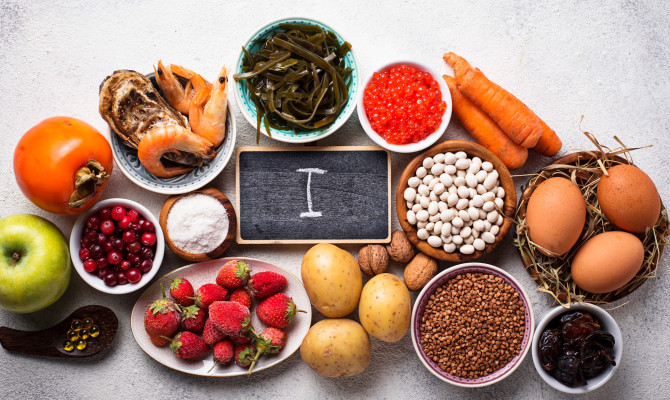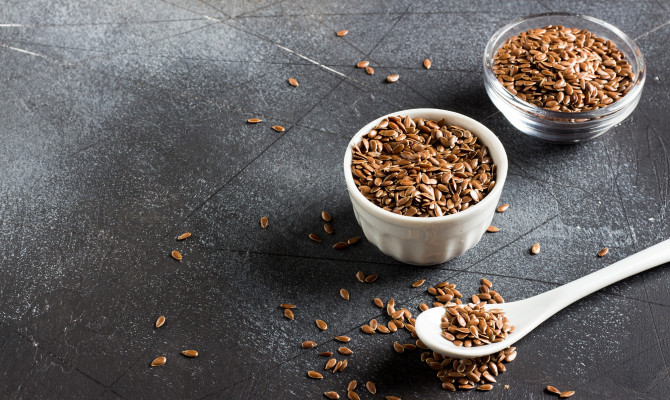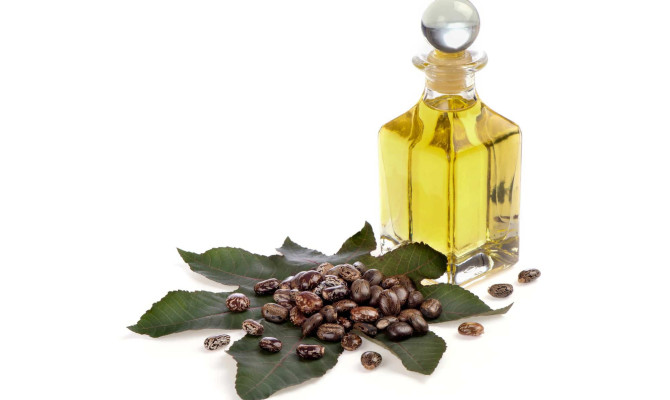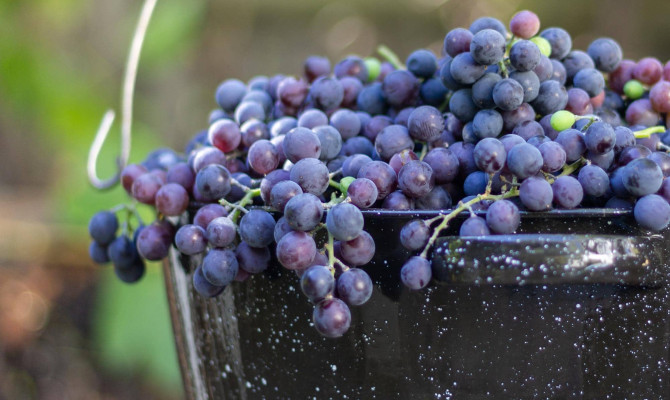Cranberry and its health benefits

- Cranberry
- 16 Aug 2023
Overview
What is Cranberry?
Cranberry is an evergreen shrub growing up to 2 meters in height. It bears cranberry fruit larger than the plant leaves and is hard, round, and red-colored, with a sour or bitter taste. They grow as vines in freshwater wetlands, mainly in southern Canada and Northern America.

Facts of Cranberry
- The commonly grown species of Cranberry is the North American Cranberry (Vaccinium macrocarpon)
- Cranberries are indigenous to North America and grow around 58000 acres of farmland across the Northern United States, Canada, and Chile.
- For centuries, Cranberry (Vaccinium macrocarpon) has been used as food and has also been used to treat medical conditions such as stomach problems, appetite loss, and skin problems.
- Cranberries are rarely consumed raw due to their sour, acidic taste
- Cranberries are mostly consumed as juice blended with other fruit beverages
- Cranberry juice has no fiber 1Overview| Researched based study from Cranberryinstitute.org , 3Overview| Researched based study from Nlm.nih.gov .
Nutrition
Nutrition in Cranberry
Nutrients in 100gm (1 cup) of raw Cranberries
- Cranberries comprise 90% water; the rest, 10%, contain fiber and carbohydrates.
- Calories- 46
- Water-87%
- Protein-0.4 gms(grams)
- Sugar – 4 gms
- Fat-0.1 gms
- Carbohydrate-12.2 gms
- Fibers-4.6 gms
Carbohydrates in Cranberries
- Glucose
- Sucrose
- Fructose
Fibers in Cranberries
- Hemicellulose
- Cellulose
- Pectin
High fiber diet reduces the risk of heart disease, high blood pressure, diabetes, obesity, and gastrointestinal disorders.
Vitamins and minerals in Cranberries
- Vitamin C(essential for maintaining healthy skin, muscles, and bone)
- Vitamin E(fat-soluble vitamin essential for healthy eyes and skin)
- Vitamin K1(fat-soluble vitamin needed for blood clotting and wound healing)
- Vitamin B viz;B1,B2,B3 and B6(Helps in cell processes and brain functioning)
- Copper(an essential mineral needed for forming red blood cells and also helps in keeping bones and the immune system healthy)
- Manganese(trace mineral needed for our proper body functioning)
Bioactive compounds of Cranberry
- Myricetin(polyphenolic compounds with antioxidant properties)
- Quercetin(plant pigment with antioxidant flavonoids)
- Ursolic acid (plant defense compounds used for medicinal purposes)
- Peonidin( plant pigment containing antioxidant properties)
- A-type proanthocyanidins( polyphenolic compounds having antioxidant properties) 2Nutrition| Researched based study from Usfda.gov ,4Nutrition| Researched based study from Nlm.nih.gov
Useful Parts in Cranberry
The Cranberry ripe fruit is the part used as food and medicine 3Nutrition| Researched based study from Nlm.nih.gov
Health benefits

Health benefits of Cranberry
Rich in antioxidants
- Cranberries contain phytochemicals such as vitamins E, C, and quercetin that act as antioxidants.
- Antioxidants prevent cell damage and aging by nullifying the body’s free radicals. Free radicals are the prime cause of aging and several chronic diseases, like heart disease and cancer 9Health benefits| Researched based study from Sciencedirect.com
Prevents urinary tract infection
- The causative agent of Urinary tract infection is Escherichia coli (E.coli) bacteria that attach to the urinary tract or bladder’s inner lining.
- Cranberries contain A-type proanthocyanidins or condensed tannins that prevent attaching E.coli to the inner lining of the bladder or urinary tract and thus prevent infection.
- Moreover, drinking cranberry juice reduces the risk of urinary tract infections in children and adults.
However, it is to be noted that Cranberry juice does not treat the disease. It can only prevent the disease from occurring 5Health benefits| Researched based study from Springer.com ,6Health benefits| Researched based study from Nlm.nih.gov
Enhances heart health
- Cranberries contain antioxidants such as quercetin, anthocyanins, and proanthocyanidins, which are suitable for heart health.
Consuming Cranberry juice and products decreases the risk factors for heart diseases, such as:
- Increasing the levels of good cholesterol, i.e., high-density lipoprotein cholesterol in the blood
- Preventing low-density lipoprotein(LDL) cholesterol from oxidation
- Lowering the blood pressure
- Decreasing the stiffness in blood vessels 8Health benefits| Researched based study from Nlm.nih.gov
However, more research is warranted to prove this fact.
Prevents stomach cancers
- Stomach cancers are caused by Helicobacter pylori (H. pylori)bacteria
- Cranberries contain A-type proanthocyanidin compounds that prevent the Helicobacter pylori bacteria from sticking to the stomach lining.
- Drinking cranberry juice inhibits the growth of H.pylori bacteria 7Health benefits| Researched based study from Nlm.nih.gov
Improves digestive health
- Cranberry contains an A-type proanthocyanins compound that prevents harmful bacterial growth in the gut (digestive tract) and enhances the growth of good bacteria. However, further research is warranted to prove the effect of Cranberry on digestive health 10Health benefits| Researched based study from Nlm.nih.gov
Reduces inflammation
- Cranberries contain anthocyanins and flavanols, which have anti-inflammatory properties.
- It reduces pain and swelling.
- It also decreases the risk of persistent diseases and thus lowers the body’s inflammation.
Prevents cavities
- Cranberries contain A-type proanthocyanins compound which inhibits bacterial growth in the mouth
- It also prevents the formation of harmful acids in the mouth, thus helping prevent tooth cavities 11Health benefits| Researched based study from Nlm.nih.gov
Forms
Different consumable forms of cranberry
Cranberry is available in the following forms
- Fresh raw form
- Frozen berries
- Juice of cranberry
- Concentrate form
Dried Cranberry is also available in
- Tablet form
- Capsule form
Pure Cranberry juice is very sour, and artificial sweeteners are usually added to enhance the taste. Added sugars make the juice less healthy, so purchasing cranberry juice with minimal added sugar is best.
Dosage
Dosage of Cranberry
- Fresh or frozen-1.5 oz per day(1 ounce(oz)=29.6 milliliter)
- Juice- 3 oz of pure juice per day
- To prevent urinary tract infection-10 oz of cranberry juice cocktail per day
However, it is best to take advice from a physician to know the correct dose of Cranberry 12Dosage| Researched based study from Sciencedirect.com
Side effects
Side Effects of Cranberry
Eating too many Cranberry might cause
- Stomach pain
- Abdominal discomfort
- Nausea and vomiting
- Diarrhea 13Side effects| Researched based study from Nlm.nih.gov
- Excess cranberry juice can lead to kidney stone formation in individuals prone to calcium oxalate-type stones. Kidney stone formation is because the Cranberry products increase the oxalate excretion in the urine.
Precautions
Precautions one must take while consuming cranberries
- Cranberry is considered safe to drink for most individuals. But pregnant women and nursing mothers must consult a registered health professional before including Cranberry in their diet.
- People with high sugar must select Cranberry brands that are sugar-free or contain low sugar.
Risk people who should not consume Cranberry
- People allergic to aspirin
- People already having urinary tract infection
- People with kidney stones
- People taking blood-thinning medicines 14Precautions| Researched based study from Nlm.nih.gov
Interactions
Cranberry interactions with other medicines
Aspirin
- Aspirin and Cranberry both contain salicylic acid
- Taking Cranberry and aspirin together might alter the effect of the drug
Warfarin (Coumadin)
- Taking Cranberry and Warfarin together might increase the risk of bleeding 6Interactions| Researched based study from Nlm.nih.gov
Tips
Tips for using cranberries
Tips to include Cranberries in diet
- One can prepare a homemade mixture of nuts, seeds, and dried cranberries and consume it as a snack.
- Add fresh cranberries to apple pie for extra flavor
- One can add fresh or dried cranberries to oatmeal or any other breakfast cereal
- Add frozen cranberries to a fruit smoothie
- Mix dried cranberries to fruit salad
Tips for choosing the right Cranberry juice
It is always wise to purchase Cranberry juice that is labeled as follows
- Made with 100% real juice
- Made with natural sweeteners like grape juice and apples
Takeaway
Key Takeaways
- Cranberries are a good source of several vitamins and minerals, including antioxidants.
- Cranberries have potential health benefits, such as maintaining a healthy heart and preventing urinary tract infections.
- Cranberry in the correct dose is safe and healthy for most people, but overdosing can cause side effects.
- People with medical conditions must always talk to a doctor before including Cranberry in their diet.
Any feedback on this article?
 This Articles content was accurate
This Articles content was accurate Very Informative Article
Very Informative Article I have a question or a comment
I have a question or a comment
 This article contains inaccurate content
This article contains inaccurate content This article was not helpful
This article was not helpful I have a question or a comment
I have a question or a comment
We appreciate your helpful feedback!
Checkout our social pages
References
-
The cranberry institute
About Cranberries | Overview
-
Food Data Central
Cranberries, raw | Nutrition
-
National Library of Medicine
CRANBERRY: INTRODUCTION AND TRADITIONAL ORIGINS | Overview
-
National Library of Medicine
Phytochemicals of cranberries and cranberry products: characterization, potential health effects, and processing stability | Nutrition
-
SpringerLink
Dosage effect on uropathogenic Escherichia coli anti-adhesion activity in urine following consumption of cranberry powder standardized for proanthocyanidin content: a multicentric randomized double blind study | Health Benefits
-
National Library of Medicine
Cranberry juice for the prevention of pediatric urinary tract infection: a randomized controlled trial | Health Benefits
-
National Library of Medicine
Modulation of Helicobacter pylori colonization with cranberry juice and Lactobacillus johnsonii La1 in children | Benefits
-
National Library of Medicine
Favourable impact of low-calorie cranberry juice consumption on plasma HDL-cholesterol concentrations in men | Health Benefits
-
Science Direct
Cranberry and Its Phytochemicals: A Review of In Vitro Anticancer Studies | Health Benefits
-
National Library of Medicine
Addition of cranberry to proton pump inhibitor-based triple therapy for Helicobacter pylori eradication | Health Benefits
-
National Library of Medicine
Cranberry polyphenols: potential benefits for dental caries and periodontal disease | Health Benefits
-
Science Direct
Cranberry Extract - an overview | Dosage
-
National Library of Medicine
Cranberry - LiverTox | Side effects
-
National Library of Medicine
Which Diet for Calcium Stone Patients: A Real-World Approach to Preventive Care | Side effects
-
National Library of Medicine
Interaction between warfarin and cranberry juice | Interactions












